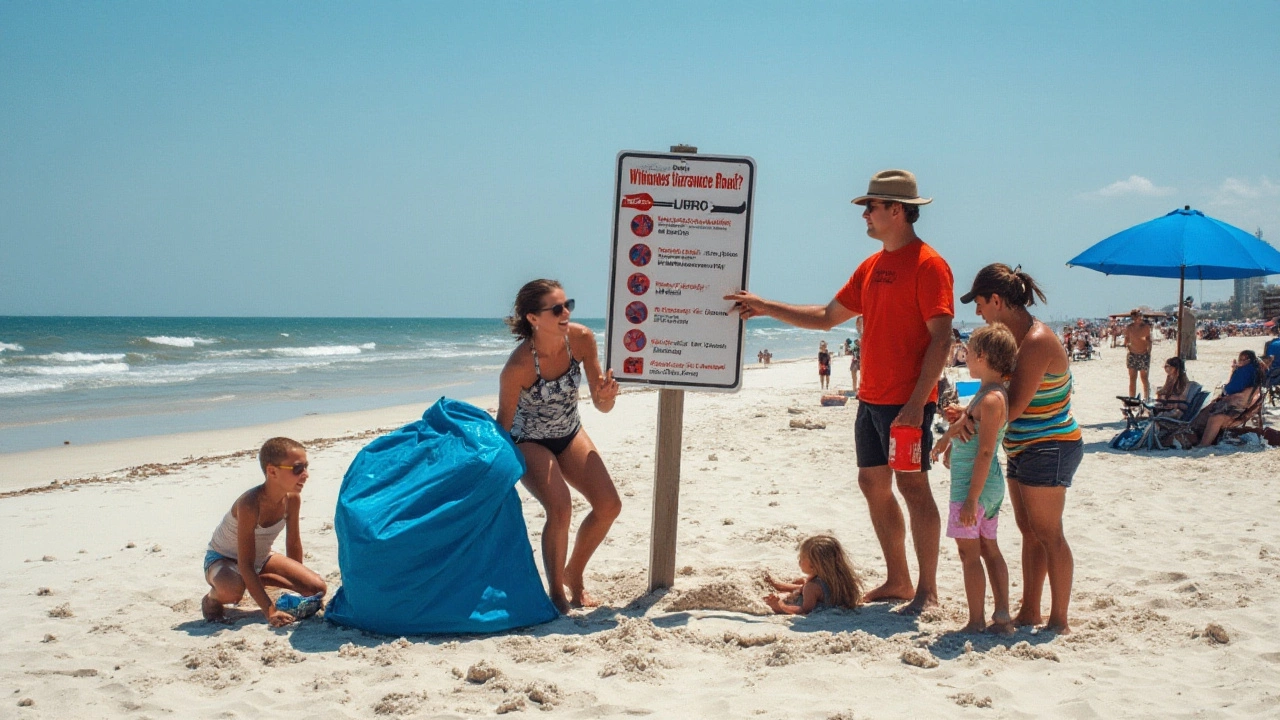Beach Regulations for Motorhome Travelers in the UK
If you love waking up to sea views, you need to know the rules before you pull up on a beach. Not every stretch of sand lets you park a motorhome, and breaking a local bylaw can mean a fine or a forced move. This guide breaks down the basics so you can enjoy the coast without the stress.
What You Need to Know Before Parking on the Coast
First, check whether the beach is designated for motorhome or caravan use. Many council‑run beaches have signs that say "No overnight parking" or "Only for day‑use vehicles". If the sign is missing, look up the local authority’s website – they usually list allowed spots and any permits you might need.
Protected areas such as nature reserves, SSSI (Sites of Special Scientific Interest) and Areas of Outstanding Natural Beauty often ban any form of camping. Even if a beach looks empty, you could be breaking wildlife protection rules. In those zones, stick to nearby approved campsites or formal parking bays.
Fire bans are common in summer, especially on dunes where the sand can hide dry grass. If a fire ban is active, no barbecues, campfires, or portable grills are allowed. Use a portable stove designed for low‑emission cooking and keep all waste packed away.
Waste disposal is another must‑follow rule. Dumping gray water, toilet waste or rubbish onto the beach is illegal and harms the environment. Most motorhomes have a waste tank; empty it at a proper disposal point before you leave the area. Some beaches provide public bins, but they’re for dry waste only.
Tips to Stay Legal and Stress‑Free
Plan ahead by using apps or maps that mark motorhome‑friendly beaches. Look for "overnight parking" tags and read recent rider reviews – they often mention if a spot has become restricted.
When you arrive, park in a way that doesn’t block access for other visitors or emergency vehicles. Keep your vehicle level, turn off the engine, and set up a low‑profile awning to stay out of the way of walkers and cyclists.
If you’re unsure about the rules, ask a local. A quick chat with a shop owner, lifeguard, or council officer can save you from a surprise ticket. Most people are happy to point you toward the nearest legal spot.
Finally, leave the beach as clean as you found it. Pack up all gear, sweep away any leftover litter, and make sure no food scraps are left to attract wildlife. A tidy spot not only respects the environment but also reduces the chance of stricter rules being imposed later.
By checking signs, respecting protected zones, handling waste properly, and staying low‑key, you can enjoy UK beaches without any hassles. Happy travels and enjoy those sunrise mornings on the sand!
